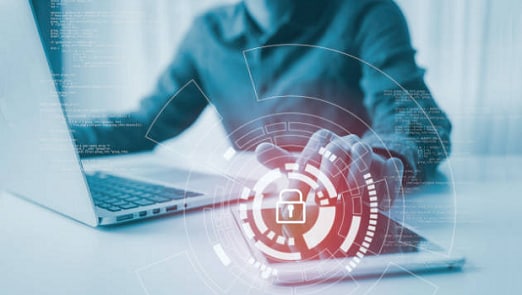Key points
- The National Center for Health Statistics takes protecting privacy and confidentiality very seriously.
- Specific legal protections safeguard private and confidential information collected by the National Health and Nutrition Examination Survey (NHANES).
- NCHS takes multiple steps to make sure your information is kept private and confidential.

Your privacy matters
Protecting the privacy of people who participate in the National Health and Nutrition Examination Survey (NHANES) is always a top priority for the National Center for Health Statistics (NCHS).
NCHS is bound by law to protect your data. We follow strict privacy standards that have protected every NHANES participant since 1960.
Protections
We never link your name with your interview answers or the results of your health exam and laboratory tests.
We encrypt all data stored in our databases by changing the data into codes that can only be understood with a special key. We also protect NHANES databases with passwords. Only authorized NHANES staff and contractors can access these data.
We combine your data with information from thousands of other survey participants. This protects your privacy and the privacy of other participants.
Laws protecting your privacy
NCHS staff, contractors, agents, and research partners take steps to make sure your information is always confidential and protected. We will not disclose or release responses that can identify you without your consent, as required by—
- Section 308(d) of the Public Health Service Act (42 U.S.C. 242m(d)), and
- The Confidential Information Protection and Statistical Efficiency Act of 2018 or CIPSEA (44 U.S.C. 3561-3583).
Under CIPSEA, every NCHS employee, contractor, and agent has taken an oath and is subject to a jail term of up to five years, a fine of up to $250,000, or both if they willfully disclose ANY identifiable information about you.
NCHS also complies with the Privacy Act of 1974 (5 U.S.C. § 552a) and the Federal Cybersecurity Enhancement Act of 2015 (6 U.S.C. §§ 151 and 151 note). The Privacy Act established a code of "fair information practices" to protect against unwarranted invasions of privacy. The Federal Cybersecurity Enhancement Act protects federal information systems from cybersecurity risks by screening their networks.
